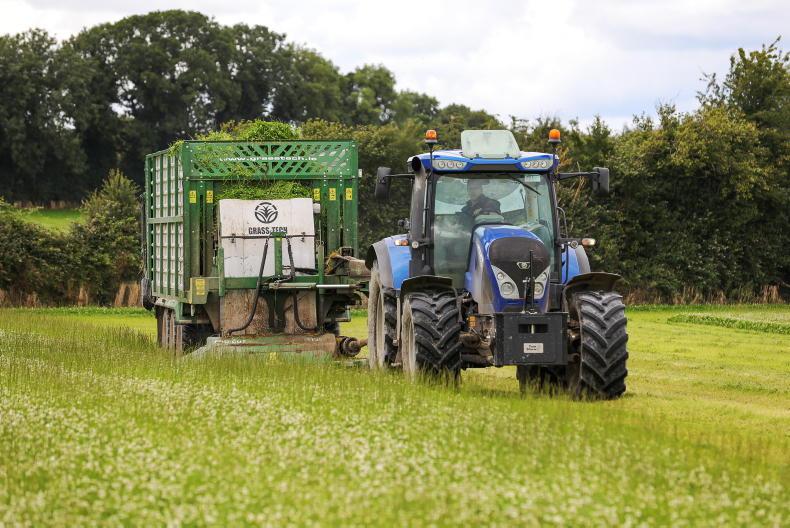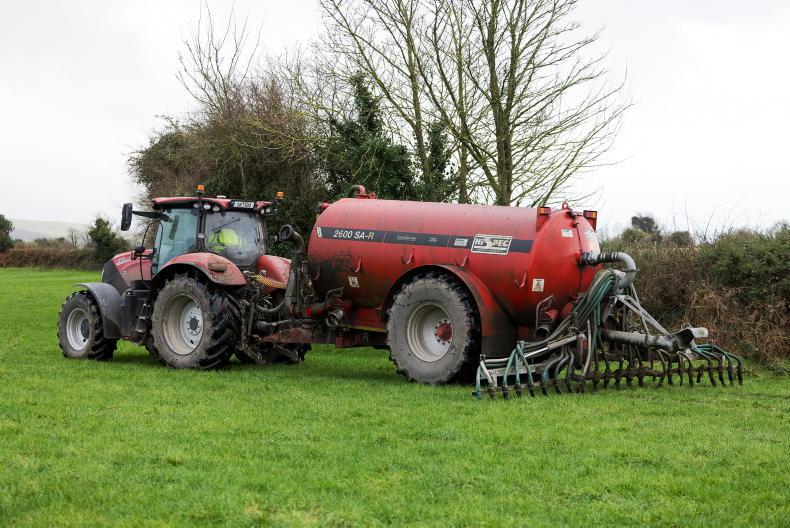Productivity increases on farm is the number one way of reducing emissions related to livestock farming, a leading global air quality scientist has said.
Speaking at a Teagasc Signpost webinar, Professor Frank Mitloehner outlined, based on the United Nations Food and Agriculture Organisation’s (UNFAO) Pathways report, the top measures to reduce emissions from livestock farming globally.
“They looked at all the different ways we can achieve a reduction in the environmental footprint, particularly the carbon footprint of livestock. What this report shows is there are different ways of reducing emissions.
“The number one is productivity increases. The number two is better breeding. The number three is improved animal health. There is other stuff, carbon sequestration and so on," he said.
Professor Mitloehner, based in University California, Davis (UC Davis), said a combined suite of measures amount to a “pretty significant” reduction in livestock emissions and the report shows “there is no silver bullet in reducing emissions from livestock”.
Misconstrued
Mitloehner, who has worked extensively with the UNFAO in recent years, added that Pathways report, which was released at COP28, was misconstrued by global media.
“What the world media touted [in relation to the report] right before COP28 was that what we need to do, particularly in developed countries, is change our diet from the current omnivore diet to a plant-based diet.
“That is not the most effective thing we can do. People in the developed world moving to a plant-based diet was not the most effective measure, it was the second-least effective way to reduce the impact of our animal agricultural sector,” he said.
Diet
Mitloehner referenced research showing there has been no major decrease in meat consumption in developed countries in recent years and a rise in African and southeast Asian countries.
Therefore, diet is not the most effective way to reduce emissions from livestock, he added.
“While people promote that we all should eat something else that we currently don’t, particularly plant-based dietary forms, the reality is those consumption patterns have not been changed in a major way in the last few years and they’re not going to, in my opinion.
“People eat what they eat because of many, many reasons - religious, cultural and so on. An issue like climate is not changing the way people eat in any major way.
“That really begs the question, if the consumption is not the lever we can use effectively, can we do it with production? Can our farmers help?” he said.









SHARING OPTIONS